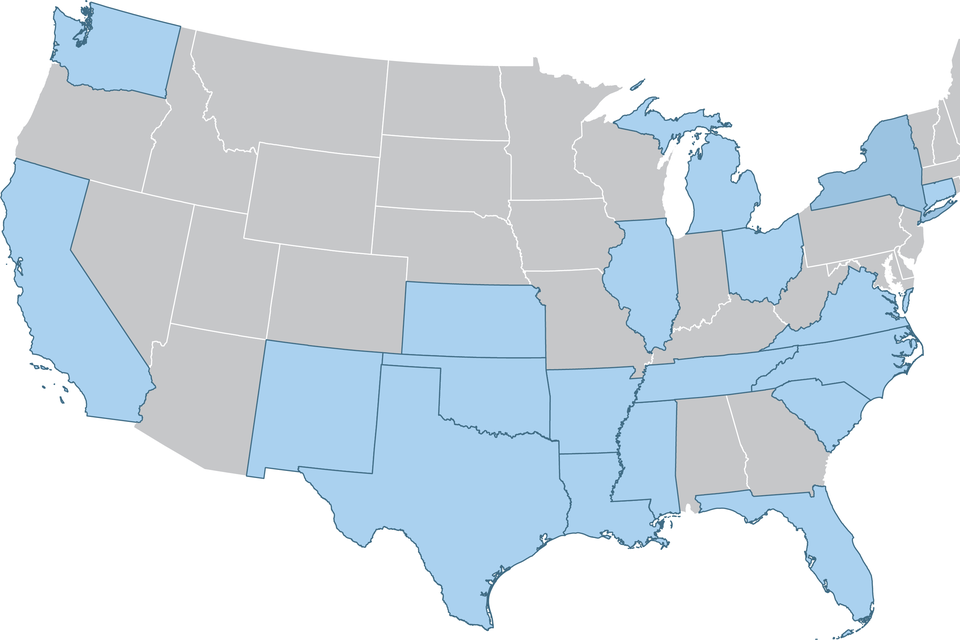Data Informed Futures
Knowledge and insights to transform children's lives.

Our data empowers the advocates, allies and visionaries striving to transform children’s lives.
Data Informed Futures is a national initiative of UCLA’s Center for Healthier Children, Families & Communities. We offer unique, neighborhood-level data and mapping about children’s well-being– throughout the course of their lives – that reveal geographic patterns of disparity and resilience.
We believe the search for equity is driven by data.
Data Informed Futures offers an advanced suite of four holistic measures that assess well-being and community context over the course of children’s lives. Our holistic data about distinct communities, along with our team’s expert coaching and facilitation of a national learning network, enables community leaders and partners to advocate for meaningful changes that improve children’s health and well-being. Our measurement systems enable community partners to monitor children’s development across their life-span and to develop policies and practices that help children reach their full potential.

CHEQ
Childhood Experiences Questionnaire
0-5 Years: Early Life Experiences
Using the Child Health Experiences Questionnaire (CHEQ), parents provide important contextual information about children’s early experiences prior to kindergarten.

EDI
Early Development Instrument
4-6 Years: Children’s Developmental Well-being
Using the Early Development Instrument (EDI), kindergarten teachers assess kindergarten readiness and children’s overall developmental well-being. The EDI reports on five domains of development: communication skills, language & cognitive skills, physical health & well-being, and emotional maturity, and is highly predictive of later academic success.

MDI
Middle-years Development Instrument
9-13 Years: Children’s Thoughts and Experiences
Using the Middle Years Development Instrument (MDI), students share their thoughts and experiences inside and outside of school, providing important information about their psychological and social well-being.

NNEI
National Neighborhood Equity Index
Community Factors Contributing to Well-being
Using the National Neighborhood Equity Index (NNEI) in combination with the EDI and MDI helps identify geographic areas of resilience despite challenges in neighborhood equity. The NNEI is a composite measurement of 11 equity challenges associated with health development in children. These indicators (from Census information) include social, educational and economic factors.

Data that drives new opportunities for change.
Knowledge to Action
News

Introducing Data Informed Futures
Data Informed Futures (previously TECCS) offers unique, neighborhood-level data and mapping throughout the course of a child's life.
Data Informed Futures Staff












